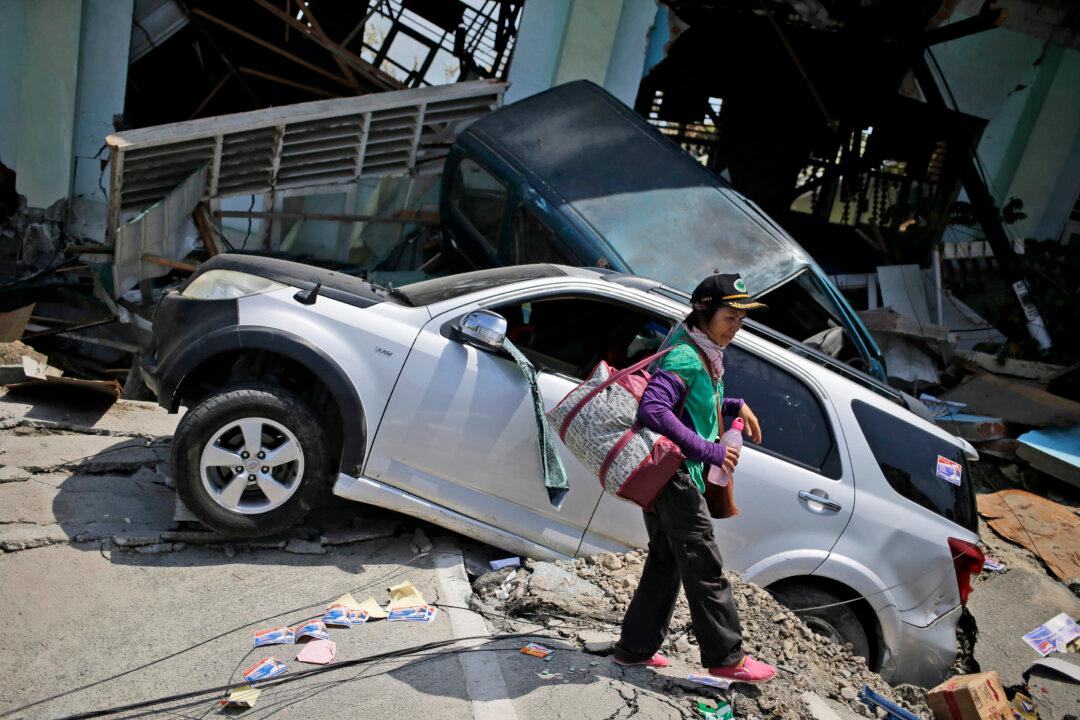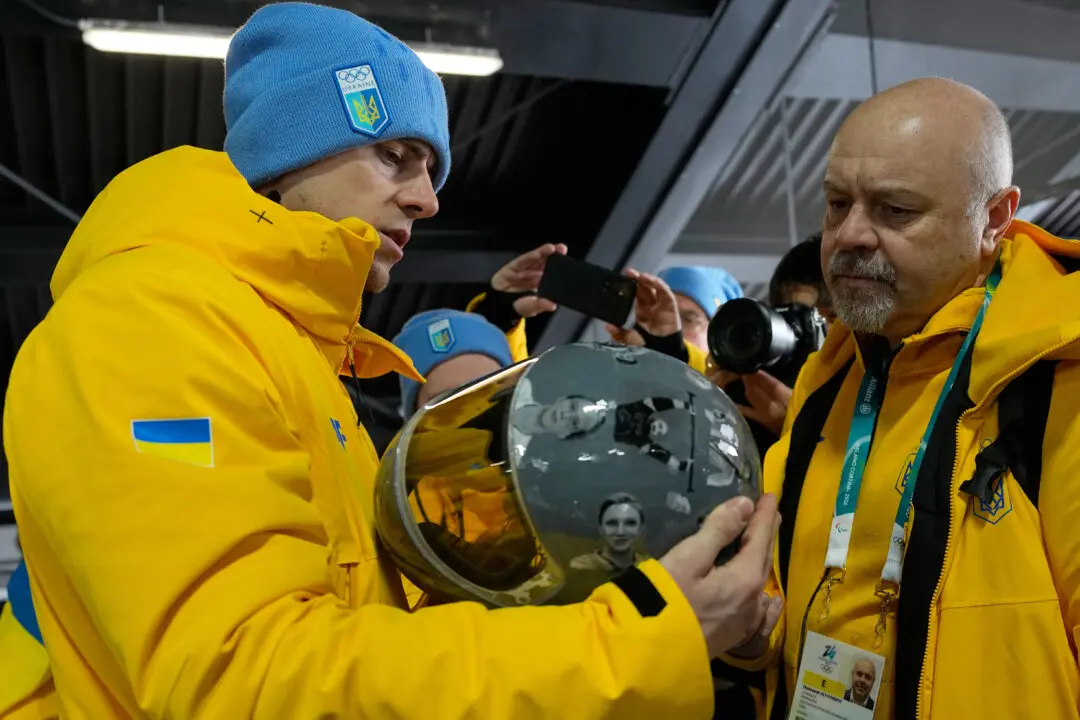PALU, Indonesia—Australia’s government says it will send more than 50 medical professionals to Indonesia to help with the aftermath of a devastating earthquake and tsunami as part of a 5 million Australian dollar ($3.6 million) aid package.
Australian Foreign Minister Marise Payne told reporters in Washington: “We will be working very closely with the Indonesian government to make sure that the support we are providing is highly targeted.”





